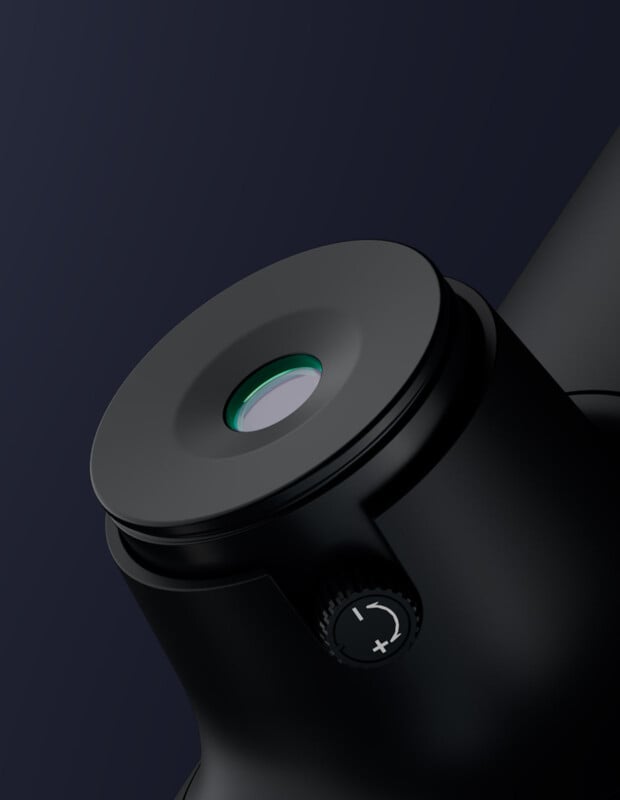![]()
Unistellar, makers of intelligent, automated telescopes like the eQuinox 2, announced two new telescopes at CES: the Odyssey and the Odyssey Pro.
Starting at $2,500, these telescopes promise to make stargazing accessible and easy, albeit not exceptionally affordable. Promising to put “the Universe at your fingertips,” the telescopes autonomously point toward and track any desired celestial object in the sky from a database that comprises 5,000-plus celestial objects and 37 million stars. Users can easily switch from viewing the Whirlpool Galaxy to the Trifid Nebula or from Betelgeuse to Saturn. This is all controlled via the accompanying Unistellar app and a single button on the telescope.
The Odyssey Pro includes Nikon optics in the eyepiece and both models feature “Stellar Autofocus,” which Unistellar promises delivers “incredibly sharp, crystal-clear images and breathtaking observation quality.” As for the primary optics, the standard Odyssey and the Pro variant use Nikon glass.
The telescopes also debut what Unistellar calls “Multi-Depth Technology.” This allows users to observe nearby and distant objects without changing instruments or making manual adjustments. Everything occurs automatically.
![]()
Additional features include dynamic signal amplification to deliver “stunning clarity and color,” deep dark technology to filter out interference from city lights and make it easier to see faint objects, and an optical digital hybrid design that pairs physical glass with highly sensitive electronics.
Although Unistellar does not detail the included image sensors on its website, it appears the sensor includes pixel binning to combine multiple pixels into one when viewing and photographing dimmer objects. The telescope can also stack multiple images of the same location in the sky to reduce the visible noise. Engadget reports that the standard Odyssey has a 3.4-megapixel sensor while the Pro version delivers 4.1 megapixels.
![]()
![]()
![]()
“With the Odyssey, Unistellar is offering a new generation of smart telescopes that are capable of revealing the farthest celestial marvels and of instantly transforming your stargazing evenings into adventures across the cosmos with family or friends, even in the middle of the city,” explains Laurent Marfisi, co-founder and CEO of Unistellar. “The incredible emotion of immersion in outer space, liberated from the complexities that previously meant only experts could access it, is finally available to anyone eager to travel millions of light years.”
![]()

There is significant overlap between the Odyssey and Odyssey Pro models. Beyond the Nikon eyepiece on the Pro model, which enables users to view the night sky directly on the telescope rather than the app, both versions have 320mm f/3.9 lenses and offer a field of view of 34 x 47 arcminutes.
Unsurprisingly, given the high asking price, the telescopes promise premium build quality and include what is described as a high-quality tripod. They weigh about four kilograms, have 64GB of internal storage for saving photos, and offer five hours of battery life.
The Unistellar Odyssey is available to order for $2,500 and the Odyssey Pro is $4,000. Both telescopes are shipping now.
Image credits: Unistellar
